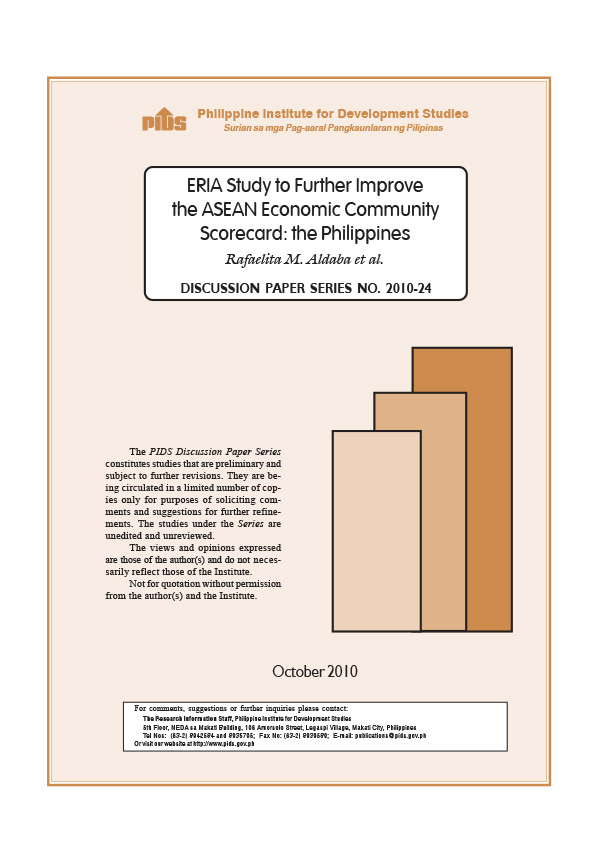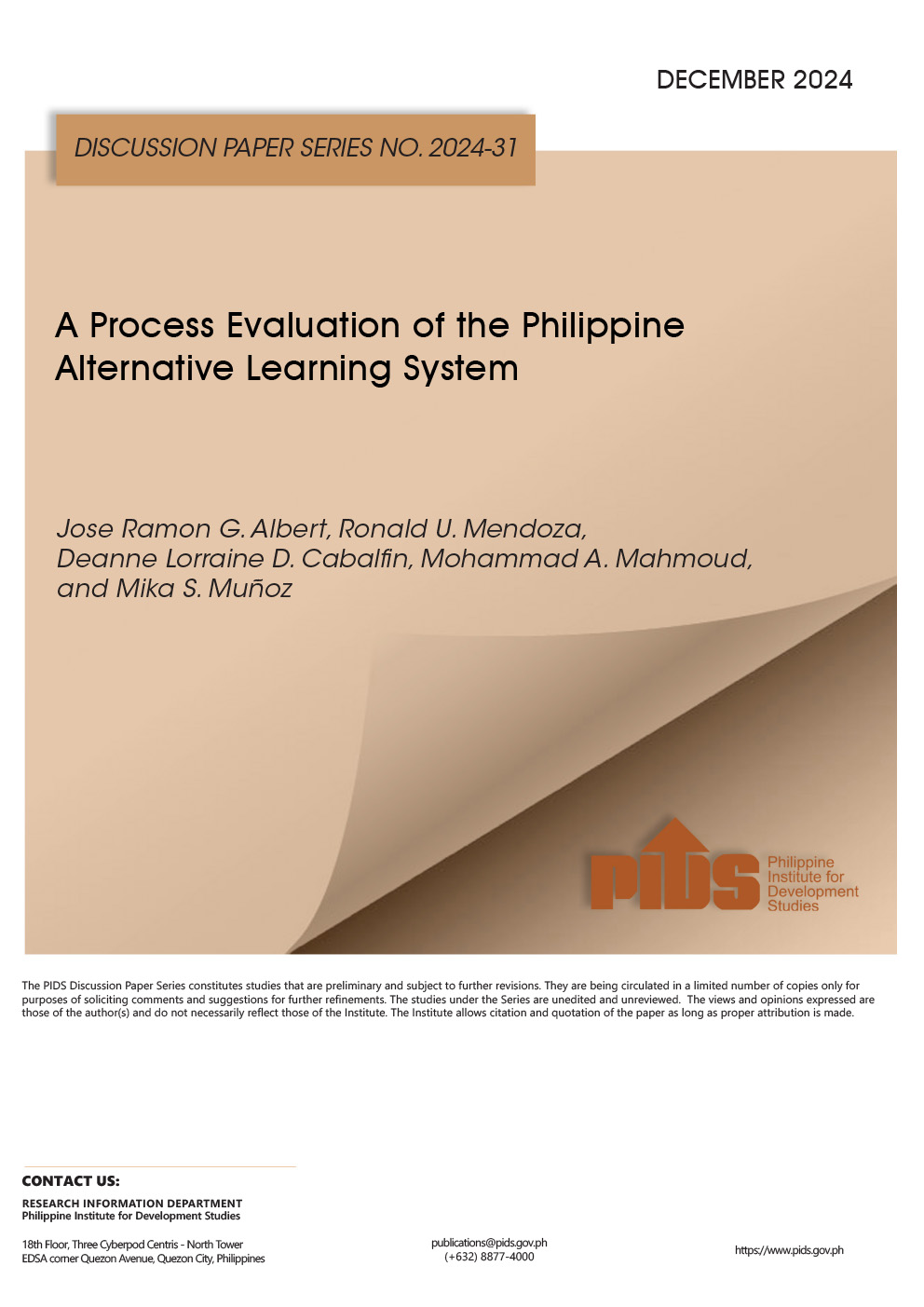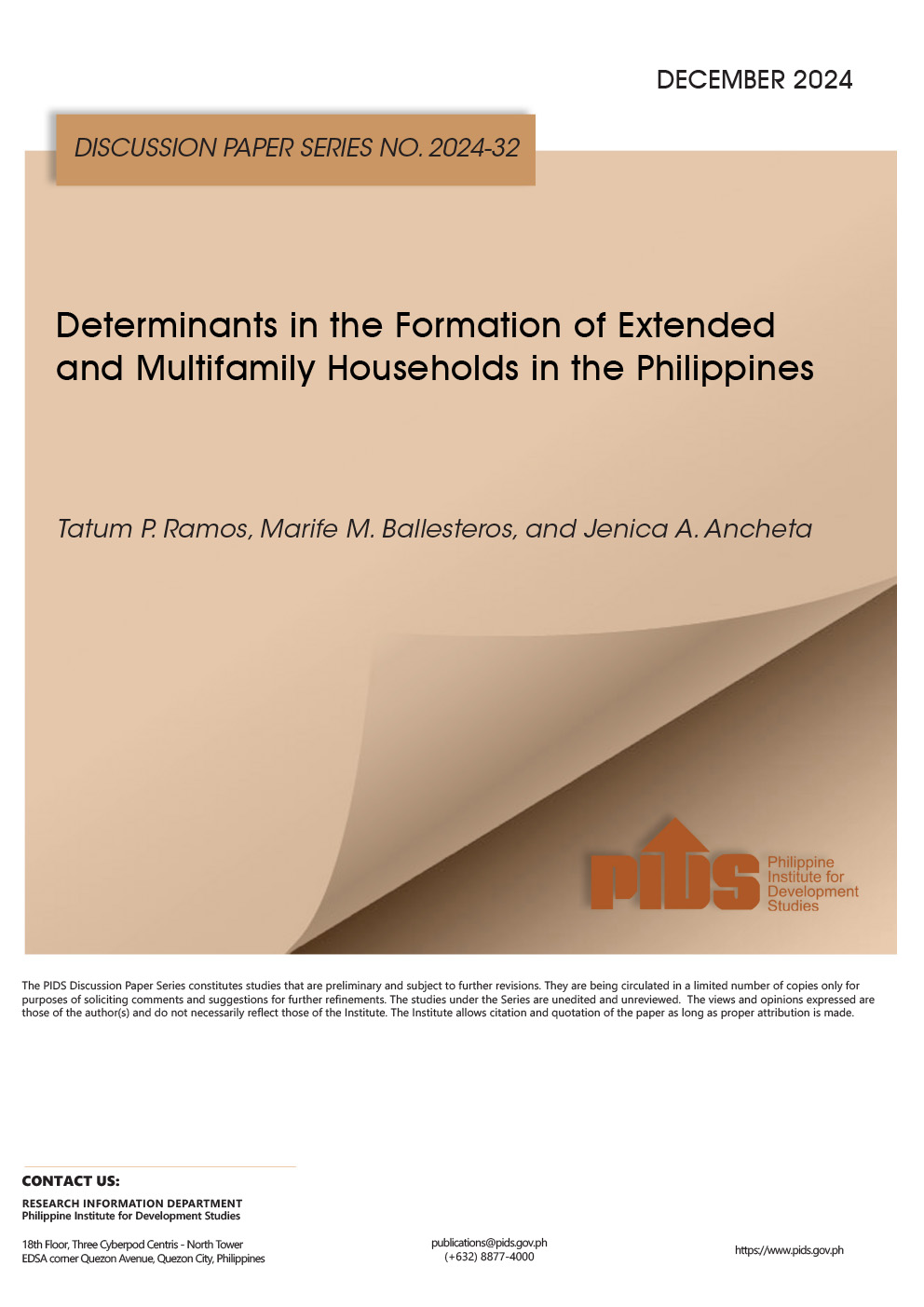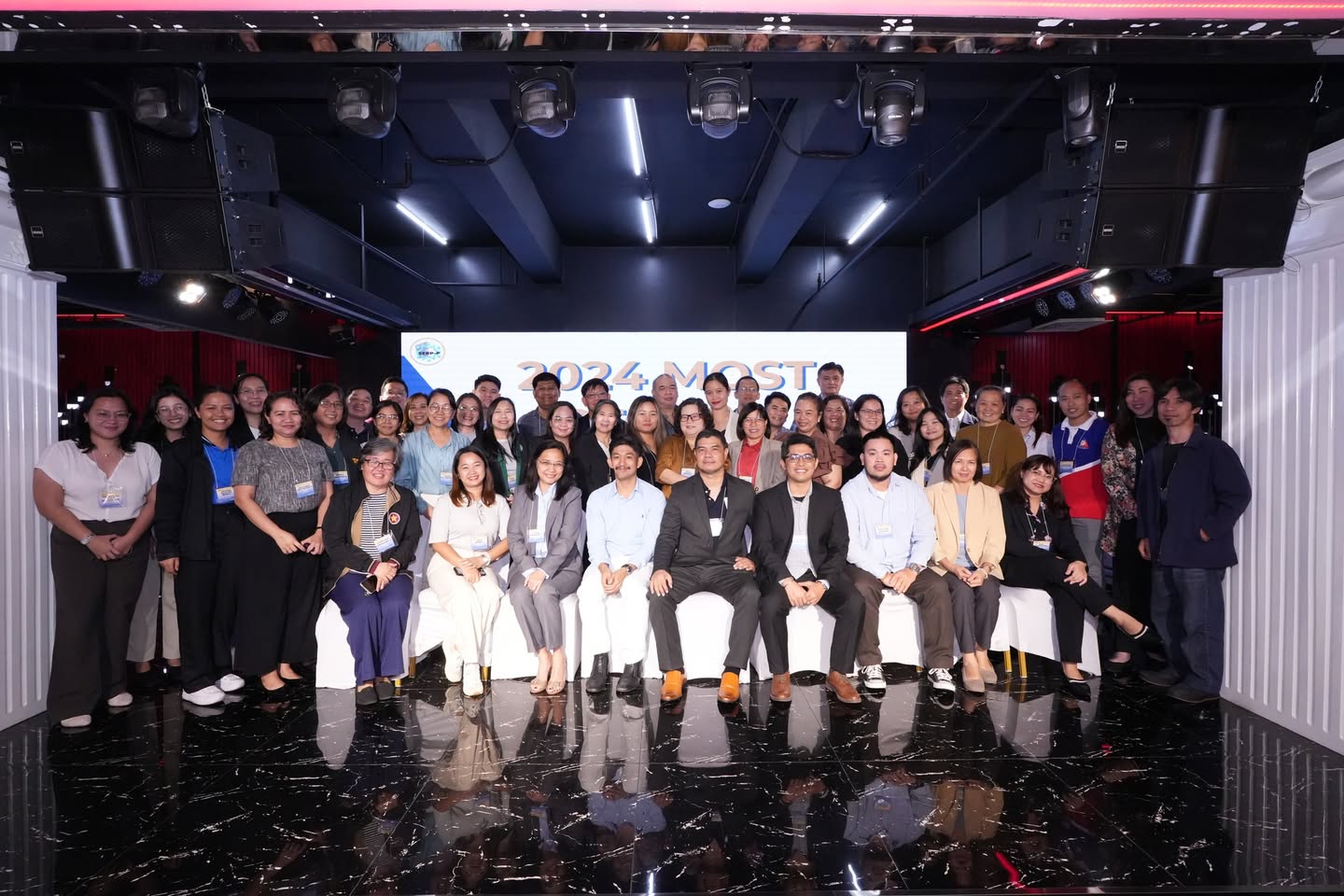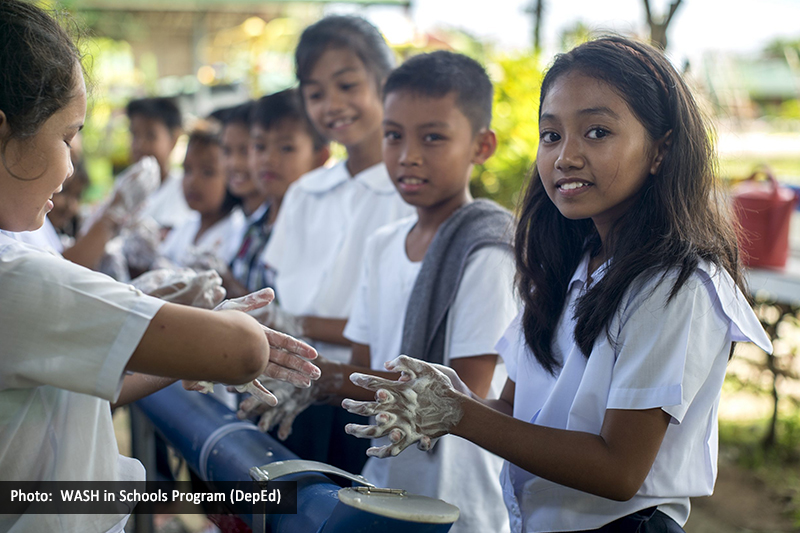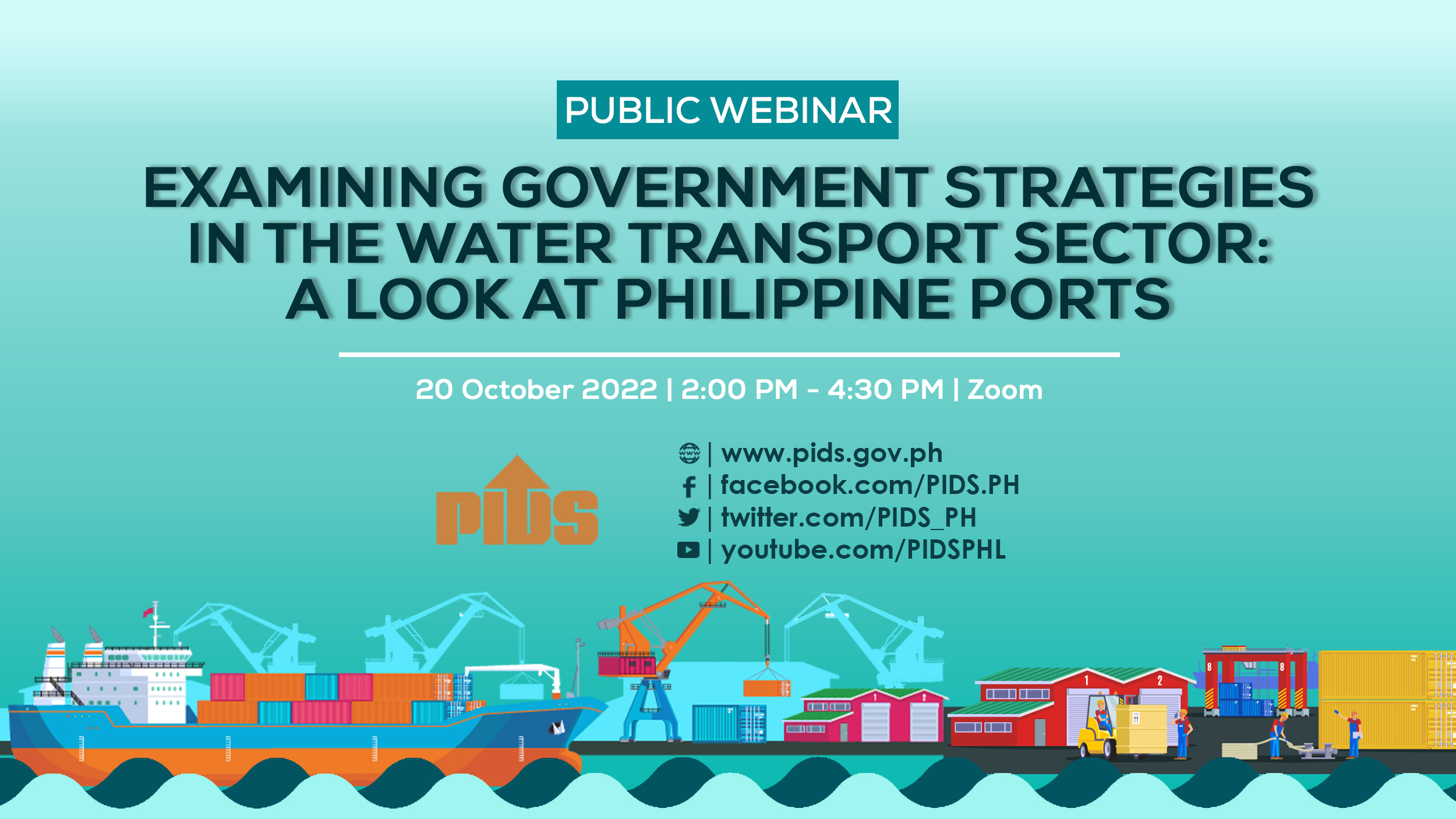Within the context of the ASEAN Economic Community (AEC) Scorecard mechanism developed by the ASEAN Secretariat to monitor the implementation of the AEC Blueprint, the study focuses on the current state, performance and impact of investment liberalization and facilitation, trade facilitation, and transport and logistics services regulatory regime. The analysis was based on survey questionnaires, interviews, and focus group discussions complemented by secondary data provided by national and international agencies. The study shows that after more than two decades of pursuing market-oriented reforms such as liberalization, deregulation and privatization; there exists a large gap between policy and practice; coordination among government agencies has remained ineffective; governance has been weak; poor infrastructure continues to hamper efficient business operations; and many processes such as registration and applications for permits and licenses have remained complex, problematic, and costly. Many complementary policies and institutions that are necessary to support the reforms and generate supply-side responses leading to employment and growth are missing. If market reforms are to have their intended effects, “behind the border” complementary policies that define the business environment must be addressed, including investment in human capital, infrastructure, and the quality of governance in the country. To move forward, the Philippines should substantially increase infrastructure investment spending and strengthen its weak institutional and regulatory environment. These are necessary to enable us to deepen our integration within the ASEAN region and the global community and take advantage of the opportunities offered by the rising trend of economic integration in the region.
Citations
This publication has been cited 7 times
- Aldaba, Rafaelita M. 2013. Twenty years after Philippine Trade Liberalization and Industrialization: What has happened and where do we go from here. Discussion Papers DP 2013-21. Philippine Institute for Development Studies.
- Aldaba, Rafaelita M. and Fernando T. Aldaba. 2013. ASEAN economic community 2015: Capacity-building imperatives for services liberalization. Discussion Papers DP 2013-06. Philippine Institute for Development Studies.
- Llanto, Gilberto M., Francis Mark A. Quimba, and Mercedita A. Sombilla. 2012. Interregional trade of high-value fruits and vegetables: Issues on transport and shipping. Discussion Papers DP 2012-08,. Philippine Institute for Development Studies.
- Llanto, Gilberto M., Francis Mark A. Quimba, and Mercedita A. Sombilla. 2012. Interregional trade of high-value fruits and vegetables: Issues on transport and shipping. Discussion Papers DP 2012-08. Philippine Institute for Development Studies.
- Medalla, Erlinda M. 2012. Managing the ASEAN economic integration process in the Philippines: An assessment of progress in trade liberalization and facilitation. Discussion Papers DP 2012-41. Philippine Institute for Development Studies.
- Medalla, Erlinda M. 2012. Managing the ASEAN economic integration process in the Philippines: An assessment of progress in trade liberalization and facilitation. Discussion Papers DP 2012-41. Philippine Institute for Development Studies.
- Milo, Melanie S. 2013. The ASEAN economic community and the Philippines: Implementation, outcomes, impacts, and ways forward (integrative report). Discussion Papers DP 2013-02 . Philippine Institute for Development Studies.

